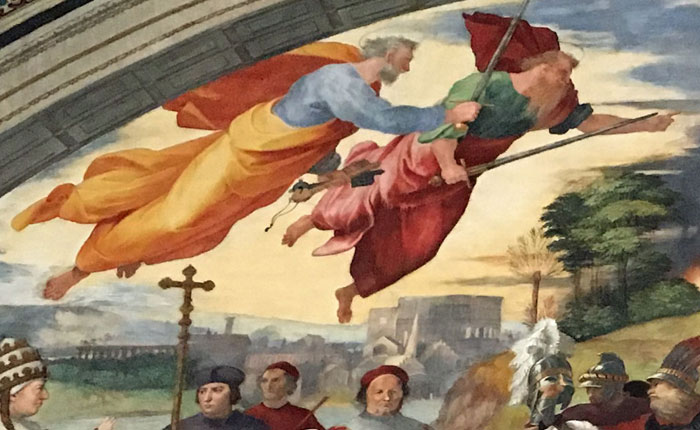By Milana Carse
The comparison of love to war by Propertius and Ovid in Elegeia XII and Amores, respectively, is indicative of a shift in the portrayal of love from cowardly to heroic. Lovers have often been cast as weak, flighty, and emotionally volatile in ancient literature. The ancient mythological personification of love (Eros for the Greeks and Cupid for the Romans) is childlike, cherubic, and mischievous. In a direct challenge to such depictions, Propertius compared Cupid to a soldier, describing his “hamatis sagittis”, or “hooked arrows” and his “Cnosia pharetra”, or “Cretan quiver”. Such weapons are associated with war, and war, in turn, with heroic sacrifice. Propertius’ choice in Elegeia XII was particularly effective for his audience, as from the perspective of the Romans, there was no act more noble than to die in battle. Propertius casts Cupid as warlike, stating “assiduusque meo sanguine bella gerit”, translated as “[Cupid] wages endless war in my blood.” By equating the passion of love with the rush of battle, Propertius attempted to shift his audience’s perspective on lovers. Similarly, Ovid draws a comparison between the roles of the lover and the soldier in his Amores, stating, “militat omnis amans, et habet sua castra Cupido” (“every lover is a soldier, and Cupid has his own camp”). Just as Propertius sought to change the Roman perception of lovers as weak, Ovid paints lovers as noble and disciplined soldiers, with Cupid as their general, a marked departure from the traditional view. In such a way, Propertius and Ovid appeal to their readers’ pathos through metaphor, evoking the pride of victory and the thrill of battle in the context of a love poem to better persuade their audience.

